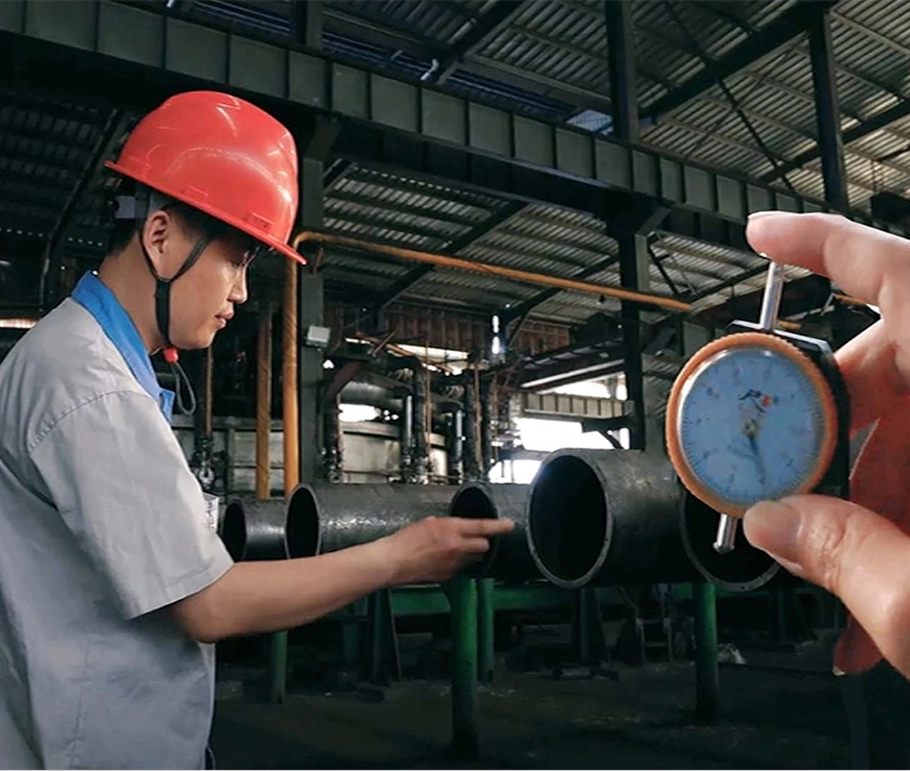Steel pipes and tubes are strong, affordable materials that are widely used in oil and gas, construction, and other industrial applications. They can tolerate high temperatures and pressures and are well known for their remarkable strength and tenacity. This makes them ideal for mechanical and structural applications, as well as for moving gases and liquids.
Conduct routine inspections to identify signs of corrosion, leaks, or wear. Early detection of issues can prevent costly repairs and extend the lifespan of your steel pipes and tubes.
Use appropriate cleaning agents to remove dirt, grease, and other contaminants. Regular cleaning prevents buildup that can lead to corrosion and ensures optimal performance of your steel pipes and tubes.
Apply protective coatings such as paint, galvanization, or epoxy to shield steel pipes and tubes from environmental factors. These coatings act as a barrier against moisture and chemicals, reducing the risk of corrosion.

Ensuring the quality of steel pipes and tubes is crucial for any project. Start by inspecting the material for any visible defects such as cracks, dents, or rust. Verify the dimensions and thickness using precise measuring tools to ensure they meet the required specifications. Conduct non-destructive tests like ultrasonic or radiographic testing to detect internal flaws. Check the chemical composition and mechanical properties through lab tests to confirm compliance with industry standards. Lastly, review the manufacturer's certifications and quality control processes. Trust only reputable suppliers to guarantee the highest quality steel products for your needs.